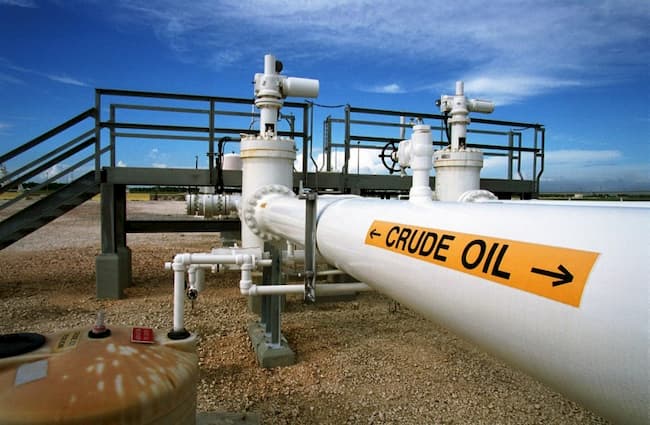The international oil benchmark, Brent crude, rose by 30 cents on Wednesday on the back of expectations that the inauguration of Joe Biden would deliver massive stimulus spending that would lift demand.
Brent crude price rose to $56.2 per barrel mark as of 5.17 pm Nigerian time on Wednesday.
A sustained increase in oil price means a potential boost to Nigeria’s crude oil export revenue as it is expected that the trend will further push up the landing costs of petroleum products being imported into the country.
As a member of the Organization of the Petroleum Exporting Countries (OPEC), Nigeria renewed its commitment to reduce crude oil production in April 2020, capping its production at 1.41 million barrels per day.
The agreement, which the Group Managing Director of the Nigerian National Petroleum Corporation, Mele Kyari, said the country was committed to, takes effect on May 1, 2020, and ends on April 30, 2022.
However, analysts say Nigeria’s compliance with the OPEC+ agreement has been intermittent as the country had at times produced more than the agreed-upon quota in the past.
READ ALSO: Local Cooking Gas Consumption Surpasses 1m Metric Tonnes – PPPRA
According to Energy Information Administration estimates, Nigeria produced about 2.0 million b/d of petroleum and other liquids, of which 1.65 million b/d was crude oil.
Nigerian government has estimated oil production output of 1.86 million barrels per day for this year and crude oil price benchmark of $40 per barrel.
Nigeria has a production capacity of 2.5 million barrels per day but is subject to OPEC’s crude oil production cuts, which are expected to help sustain higher oil prices.
The higher oil prices and steady production output have positively impacted Nigeria’s external reserves, rising sharply to a peak of $36.304 million based the Central Bank of Nigeria’s data of January 18, 2021.













